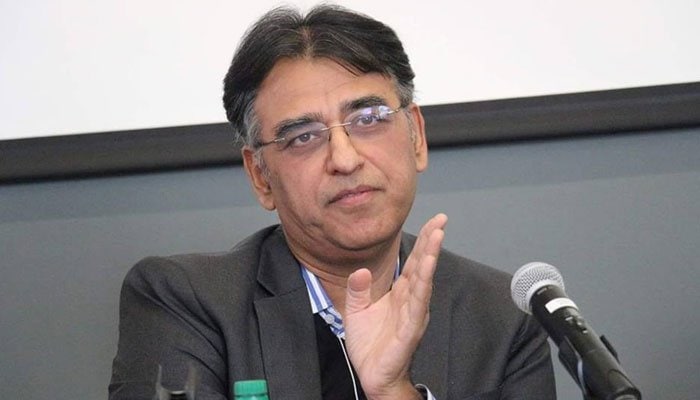The National Command and Operation Centre (NCOC) set a deadline of August 31 for public sectors to have their employees vaccinated.
Federal Minister for Planning Asad Umar told a news conference after a meeting at the NCOC that the government is aiming to increase immunizations to one million every day, which he claimed would only be achievable with the public’s help.
Dr. Faisal Sultan, the SAPM on Health, who was also present at the session, noted that critical care cases had risen to 3,000 from less than 2,000 in June.
As the infection rate has risen, he added, the strain on health institutions across the country has grown significantly in recent days.
Students above the age of 18, instructors, transporters, government workers, hotel and wedding venue professionals, and law enforcement officers, according to the ministry, must be vaccinated by the end of the month.
“We have identified that banks, markets, public offices, and schools are the sectors dealing with the public and in order to curb the virus spread, vaccination has been made mandatory for those working in these sectors,” the minister said.
Those who have not been vaccinated by August 1 will not be permitted to teach, according to Umar.
He cautioned the public that the situation is deteriorating and that if government-mandated safety procedures are not followed, the situation will deteriorate further.
He claims that the application of SOPs is not as good as it was before, based on NCOC data gathered during the 26-28 July timeframe.
“Islamabad has the highest enforcement of health guidelines of around 56.4%. Next is Khyber Pakhtunkhwa at 46%, Punjab is 38%, while the lowest [enforcement] is in Sindh and Balochistan at 33%,” he said.
Concerned about the situation in Karachi, where the positive ratio has surpassed 30%, Umar backed the Sindh government’s efforts to contain the spread and said that the federal government will provide all assistance to the province.
“Sindh is taking proactive measures, which is the right thing to do right now,” he said.
According to media sources, a potential lockdown in Karachi is not the answer.
“In the past one year, we have learned that shutting down had not worked and it won’t work now. So the only way forward is to vaccinate and follow SOPs.”










